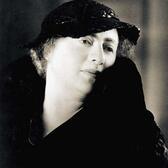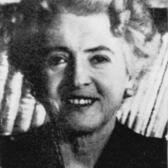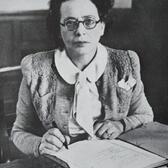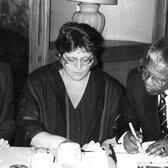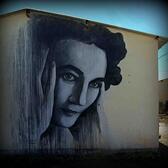Miriam Pimstone
Miriam Pimstone received a B. A. Honours degree in history and political science at Rhodes University, Grahamstown, South Africa and taught history at senior school level. She became principal of Herzlia Primary School in Cape Town and on her retirement acted for a number of years as educational consultant for the Jewish Day School system in Cape Town. She has been closely associated with the Cape Town Holocaust Centre in Cape Town since its establishment in 1999 as a text writer for its permanent exhibition and chief researcher and text writer for its first traveling exhibition: Seeking Refuge: German Jewish Immigration to the Cape in the 1930s.

